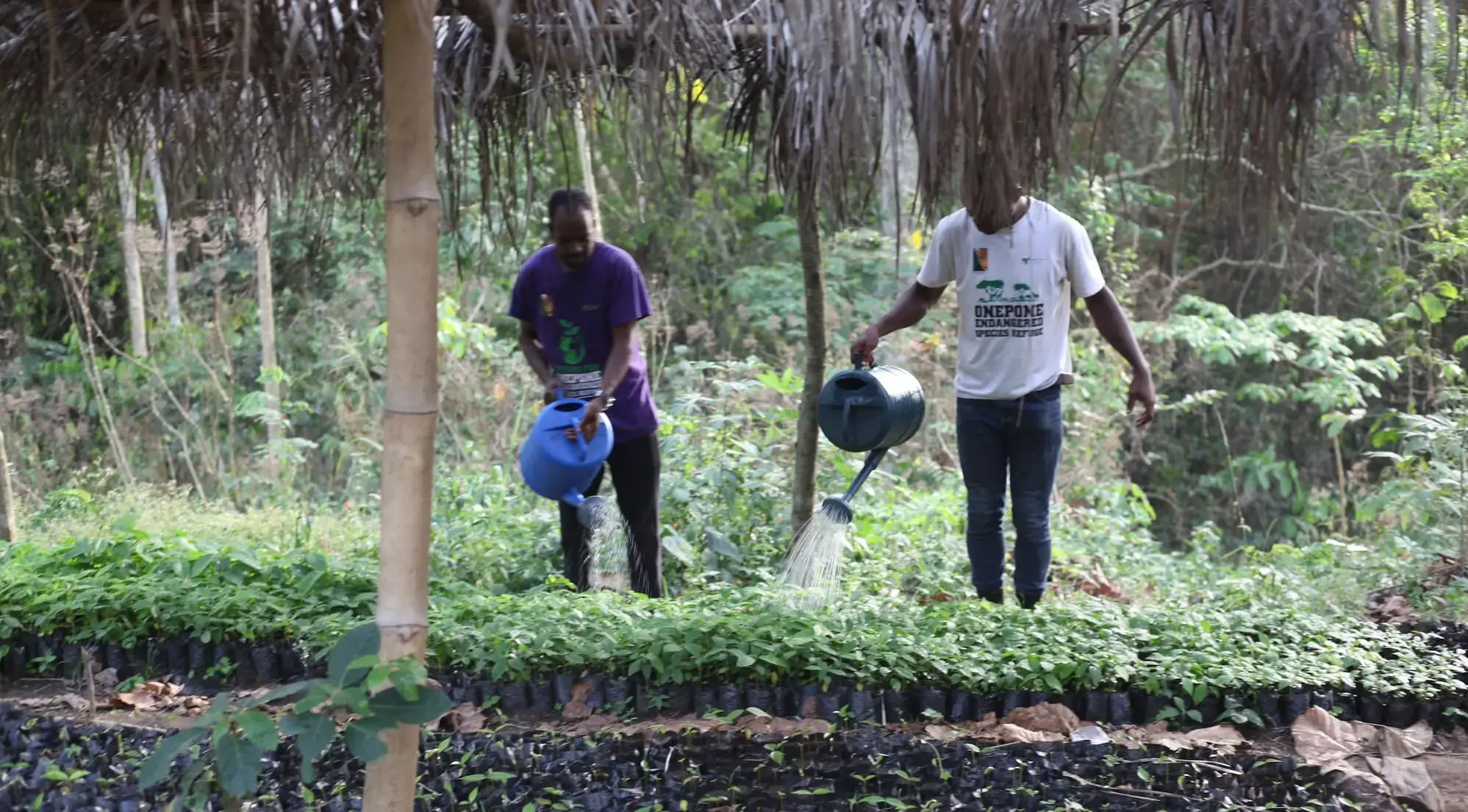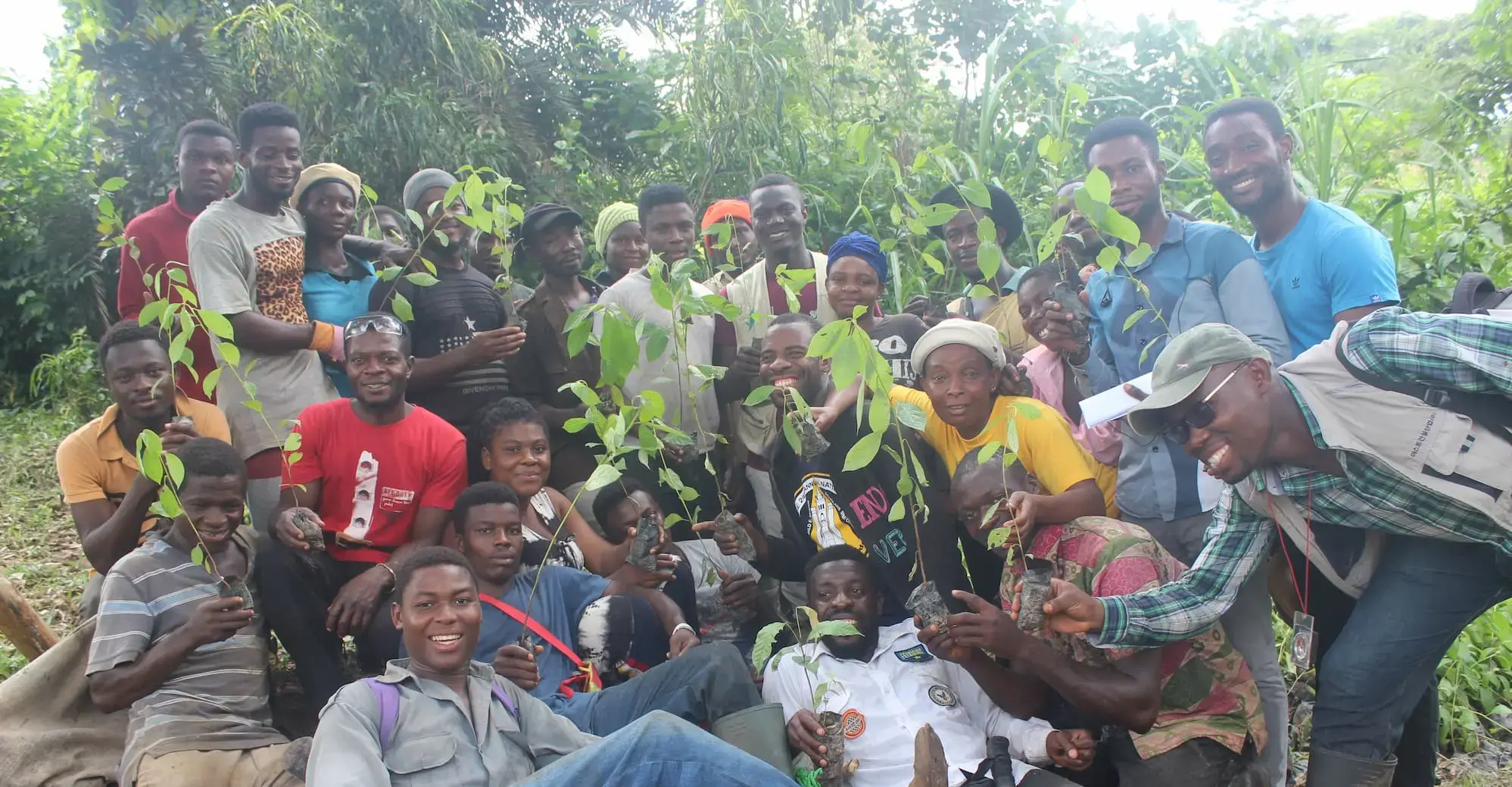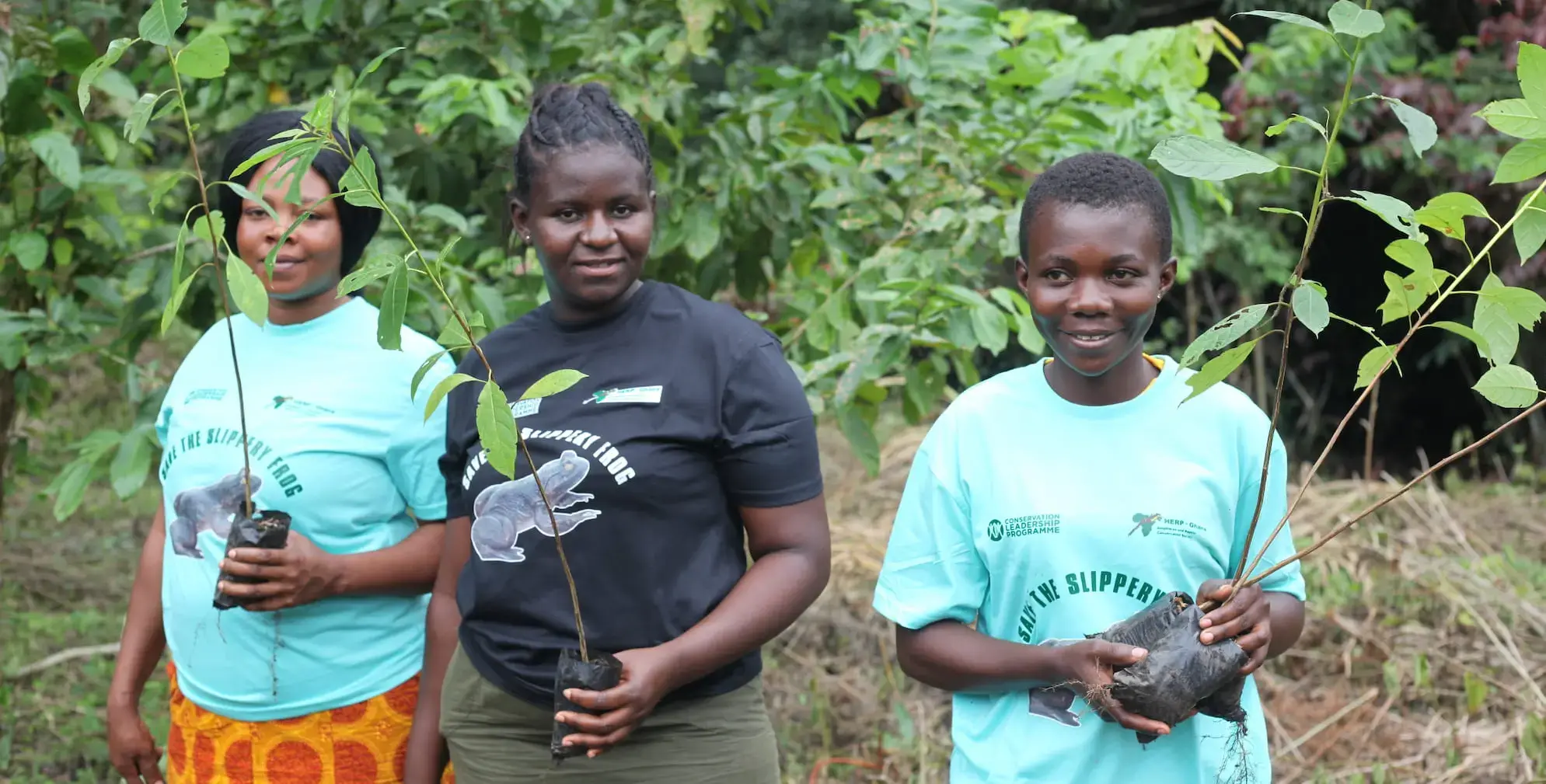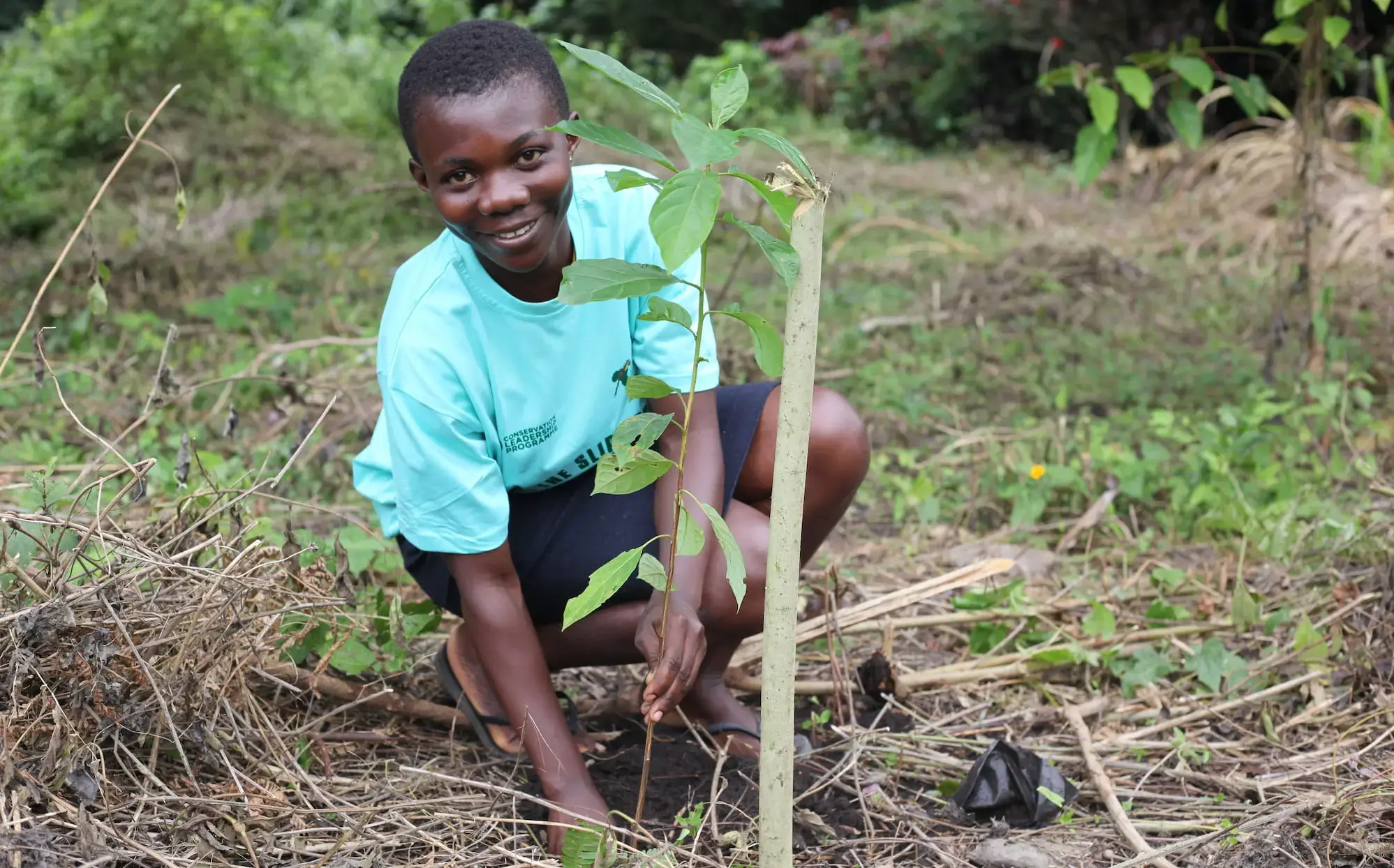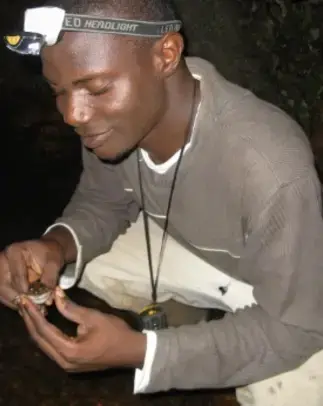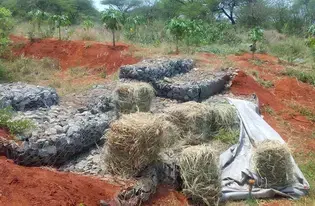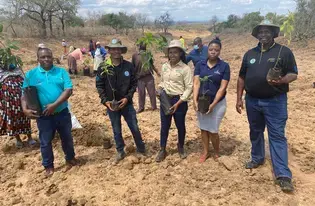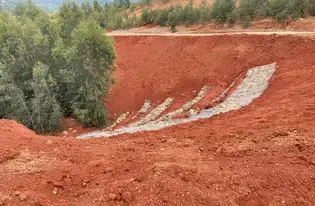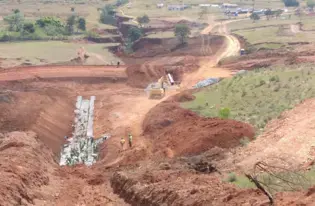Nature can only thrive once every species is protected and given a safe habitat to flourish. Herp Ghana is raising hope for endangered species in Ghana, preventing extinction through its conservation work.
In Ghana, illegal logging, mining, agricultural encroachment, and charcoal production are among the leading causes of habitat degradation for endangered amphibians and reptiles. These activities threaten the survival of these species, making conservation efforts crucial.
In response to the crisis, Herp Ghana was established in 2010 as the country's first organization dedicated to the conservation of reptiles and amphibians. Founded by Caleb Ofori Boateng, the organization aims to address the decline of amphibians globally by focusing on amphibian-centric restoration in Ghana. As a leading conservation NGO, Herp Ghana is committed to preserving these vital species for the benefit of the environment and future generations.
The organization conserves these species by restoring their long-drained and degraded forest habitat in Ghana, Herp trains and mentors the community, including students, in an ecological field school program to shape them into skilled conservationists.
In addition, Herp instills in the community the love for nature and its benefits in an approach they call “conservation evangelism”, a programme designed to teach the concepts of environmental stewardship and protect ecosystems from destruction.
According to Caleb, the journey has been exciting as it has impacted both the wildlife and communities.
“Communities are benefiting from the work and contributing to the conservation of species that inhabit local streams. In addition to the amphibians, we plan to expand our work to protect more endangered species and ensure their habitats don’t go extinct,” Caleb says.
To date, Herp Conservation Ghana has restored 50 hectares of land and built a nursery to recover the habitats on which the endangered amphibians depend. This was done in partnership with Rainforest Trust, Future for Nature and Synchronicity Earth.
As a partner of TerraFund for AFR100, an initiative of World Resources Institute, One Tree Planted, and Realize Impact that finances Africa's top restoration enterprises and projects, the organization plans to restore 1,000 hectares of degraded riparian forests.
With the right capacity and knowledge, every community has the power to become changemakers, which is why the organization plans to engage 50 farmers in itsongoing restoration journey. Engaging farmers will support the organization’s goal of planting 1 million trees in this biodiversity hotspot.
Herp Ghana aims to establish a collaborative network with other organizations dedicated to the conservation of reptiles and amphibians in West and Central Africa. Through this network, they plan to create a dynamic organization that will work towards promoting conservation efforts in the Afrotropical regions.
There is no sustainable conservation if the community is only thriving without nature or vice-versa. Herp Ghana is changing the narrative with amphibians-centric restoration that is both reviving landscapes in Ghana and protecting endangered wildlife species.
